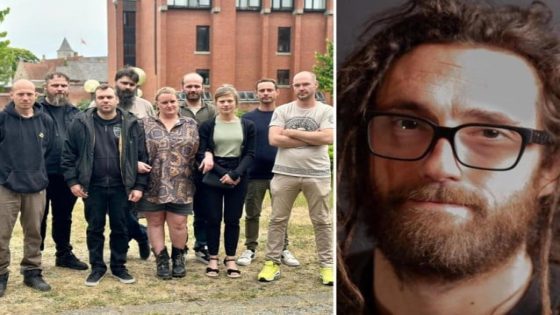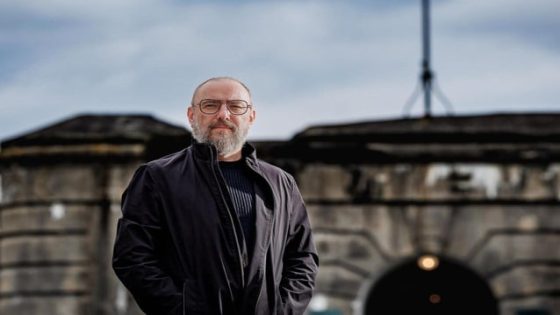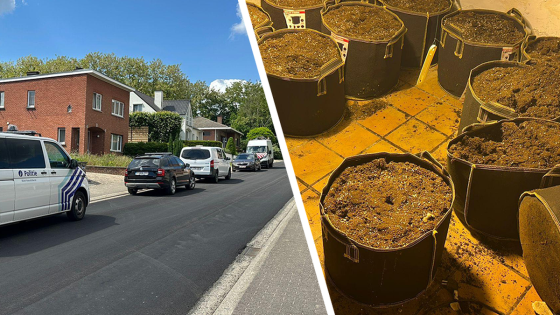The recent assisen trial surrounding the murder of Leander ‘Leo’ Quintyn has gripped Belgium, drawing attention to the complexities of violent crime in our communities. The case, which saw key testimonies and emotional statements on 2025-05-21 14:30:00, reveals a tragic story of loss and unanswered questions.
- Friends struggle to cope with Leander’s death
- Witnesses reveal details of Leander’s murder
- Accused’s mother questions mistaken identity claim
- Victim’s sister addresses accused Jarod De Clerck
- Murder trial highlights depression and troubled youth
Leander, a 32-year-old who had just returned to work, was fatally stabbed, leaving friends and family struggling to process the sudden void. The trial has exposed conflicting narratives, including a striking claim from the accused’s mother who insists the wrong brother is on trial. What does this mean for justice in Belgium? And how do we make sense of a murder seemingly without motive?
As the courtroom drama unfolds, the voices of those closest to Leander continue to resonate, underscoring the human cost behind the headlines. This News roundup explores the key developments and local implications of this high-profile case.
Why is the absence of a clear motive so unsettling for Belgians following this case? It raises critical questions about mental health, family dynamics, and the legal process. Observers are left to consider:
- The impact of a troubled upbringing and depression cited during the trial
- The emotional toll on friends who describe Leander’s gentle nature
- The significance of the accused’s family’s insistence on mistaken identity
- How Belgian courts handle cases with ambiguous motives
As the assisen proceedings continue, Belgian society must reflect on how to support victims’ families while ensuring fair trials. Will this case prompt new conversations on crime prevention and mental health? Only time will tell, but the call for clarity and compassion is clear.






























